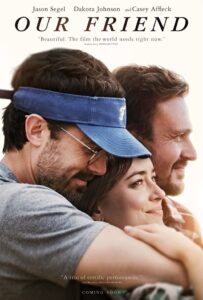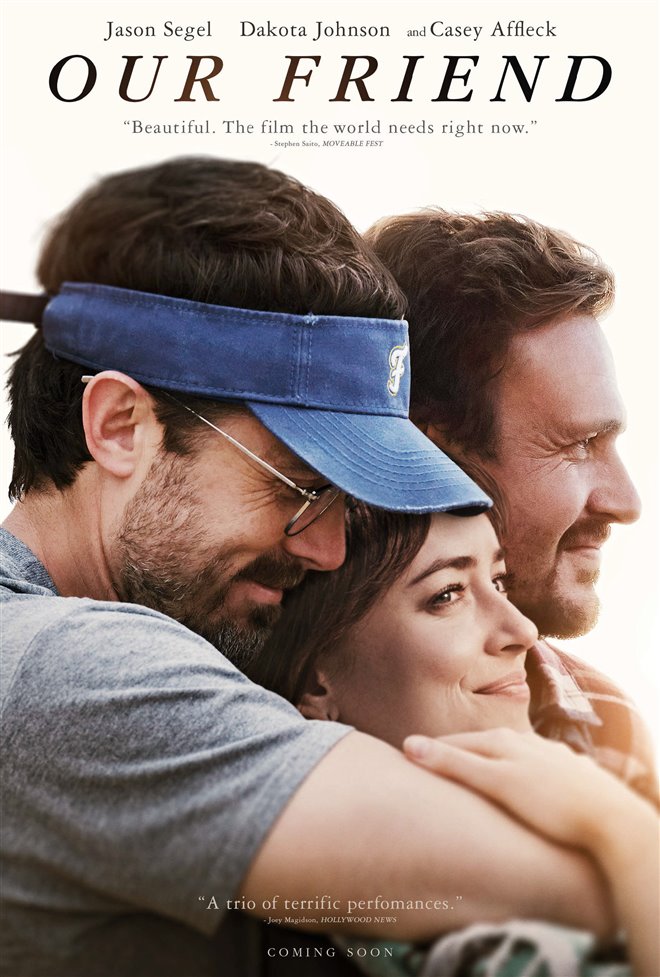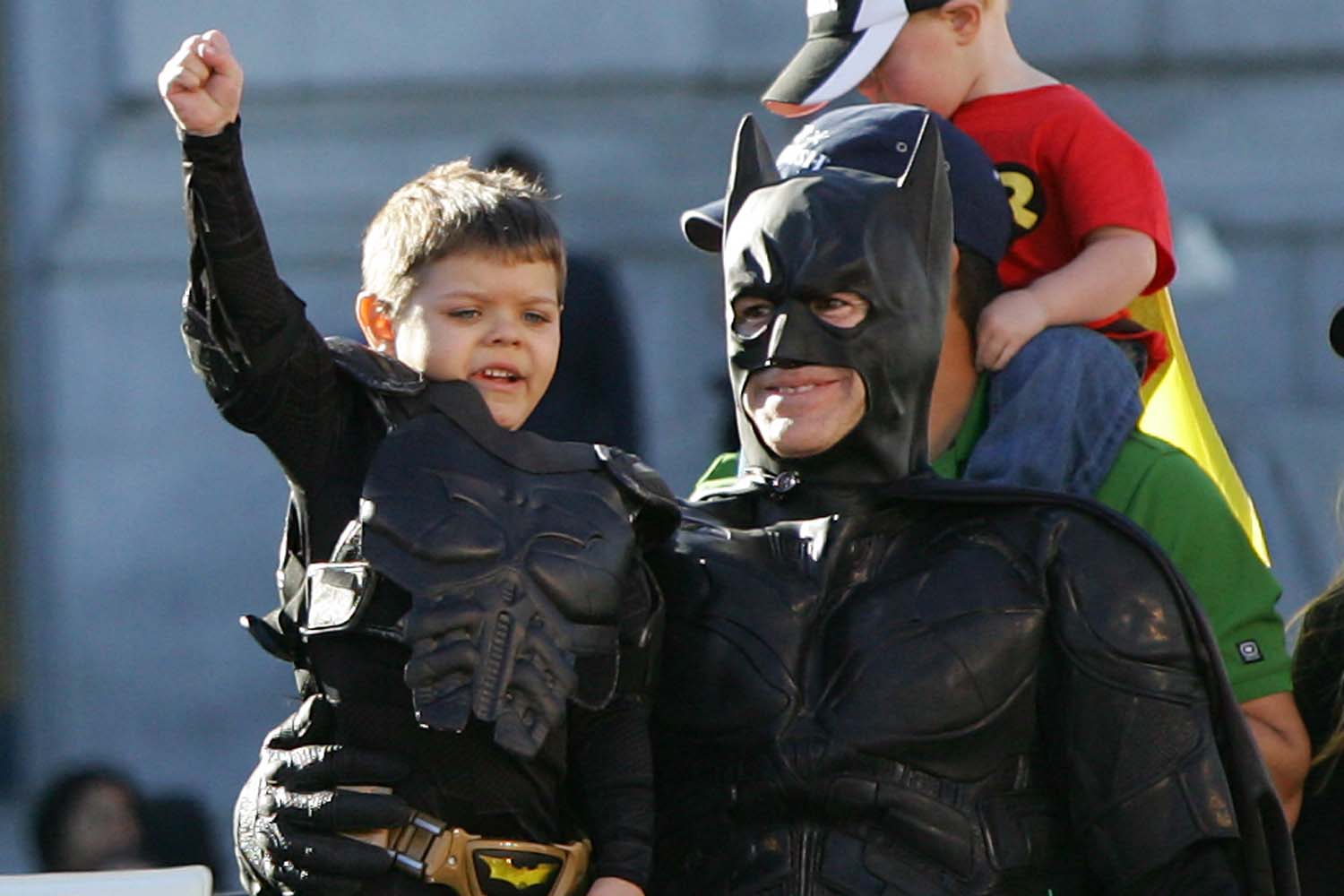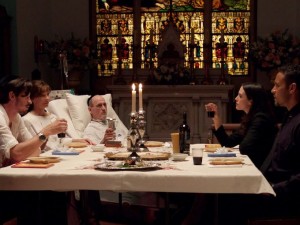Our Friend
Posted on January 21, 2021 at 5:35 pm
B +| Lowest Recommended Age: | High School |
| MPAA Rating: | Rated R for language |
| Profanity: | Very strong language |
| Alcohol/ Drugs: | Social drinking, medication |
| Violence/ Scariness: | Illness and very sad death |
| Diversity Issues: | None |
| Date Released to Theaters: | January 22, 2021 |
| Date Released to DVD: | March 29, 2021 |

Dakota Johnson plays Nicole Teague, wife of journalist Matthew Teague (Casey Affleck), devoted and endlessly patient mother to Molly and Evangeline, and best friend of Dane (Jason Segel), a shy and sometimes awkward guy who has struggled with depression and with direction. But when Nicole’s diagnosis is dire, he leaves New Orleans to move in with the family, saying simply, “I just feel like I’m supposed to be here right now.”
He tells his girlfriend it will probably be just for a few weeks. But he stays as his vacation days get used up and he loses his job and as her patience gets used up and he loses her. He just stays, never asking how he can help, just quietly providing a sense of stability in the home.
“Our Friend” is based on Matthew Teague’s award-winning story in Esquire. In an interview, I asked Teague about Dane, who, as characters in the movie point out, is not successful in conventional terms but whose quiet and extraordinarily sensitive support defines the term “no greater love.” He said simply, “He is my hero. And it’s pretty great to have a best friend who is also your hero.”
Teague also spoke candidly about the two kinds of health care professionals families encounter in critical illness. The first are only about doing anything medically possible to prolong life. The second come in for hospice care, and will do anything they can to keep the patient comfortable and support the family.
We see both in this film, the second portrayed by the great Cherry Jones as the well-named Faith. Pointedly, as really happened, Dane arrives just as both Nicole and the family dog are diagnosed with cancer, and it is Dane who has to take the dog to the vet and be there for what we euphemistically call being put to sleep. Matthew exhaustedly says he wants to make sure the girls do not associate the two cancers.
We see the impact of the illness on Nicole. As the doctor warns at the beginning, the family will see her unlike anything in their past understanding of who she is. There will be confusion, anger, lashing out, and not just from Nicole. But the focus of the film, as the title indicates, is on the friend, who just shows up and says, “Would it help if I stayed with you for a while?”
The script by Brad Ingelsby (“The Way Back,” “Run All Night”) jumps back and forth in time, as though it is all from Matthew’s memory as he writes the story. It opens with Dane sitting on the porch with the girls as Matthew and Nicole rehearse what they will say to let their daughters know that their mother is dying. Though typed titles tell us where we are in time vis a vis the diagnosis, it is sometimes distracting. But director Gabriela Cowperthwaite, who showed great compassion for damaged characters in “Meagan Leavy,” imbues the film with enormous compassion for its characters and the lead actors, especially Segel, bring endless warmth and humanity to their roles, which always feel fully inhabited. We feel their loss. And we feel the sustaining connections that help them through.
Parents should know that this movie is the story of the illness and death of a young mother, and it is very sad. Characters use strong language and there are references to adultery.
Family discussion: What made Dane different from the other friends? Who has been a Dane in your life? Who would you be a Dane for?
If you like this, try: “50/50,” with Seth Rogen playing a character based on himself in the true story of a someone who helps a young friend with cancer, and “My Life” with Michael Keaton and Nicole Kidman





